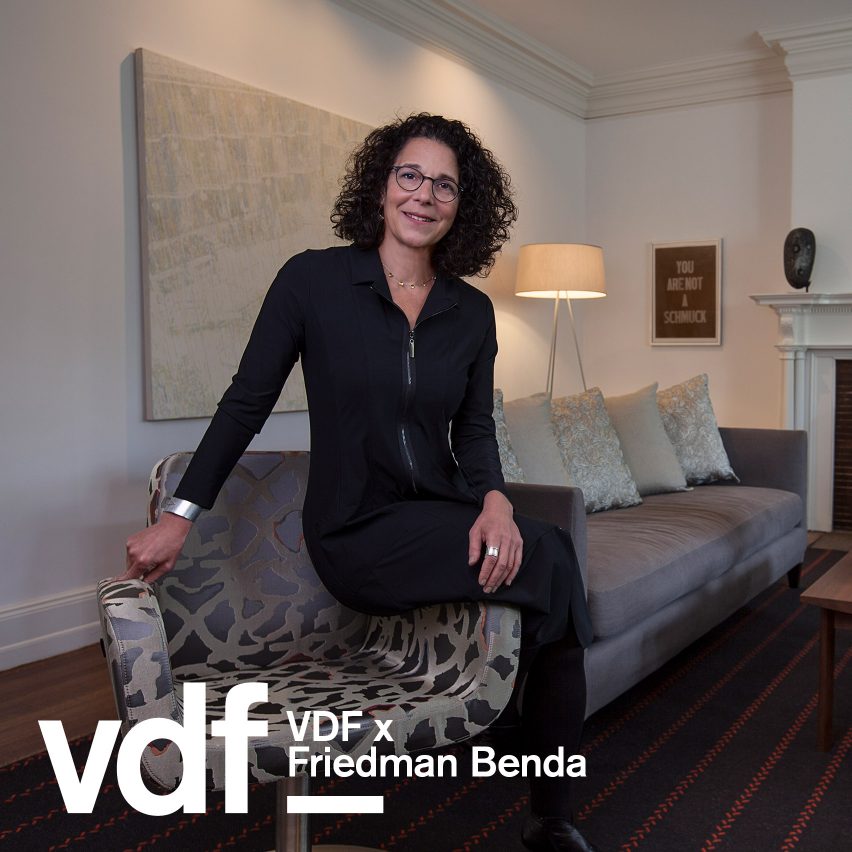
Rhode Island School of Design president Rosanne Somerson discusses how the design school has been forced to reinvent itself in the wake of the coronavirus pandemic in the penultimate talk as part of our collaboration with Friedman Benda for VDF. Tune in from 11:00am UK time.
Like many universities and design schools, Rhode Island School of Design (RISD) closed its campus in March as lockdown restrictions aimed at slowing the spread of Covid-19 were implemented across the US, forcing the school to transition to teaching online.
"This is without a doubt the biggest challenge we've faced in our entire history as an institution," Somerson told curator Glenn Adamson in the latest of New York gallery Friedman Benda's Design in Dialogue interviews that Dezeen is publishing as part of Virtual Design Festival.
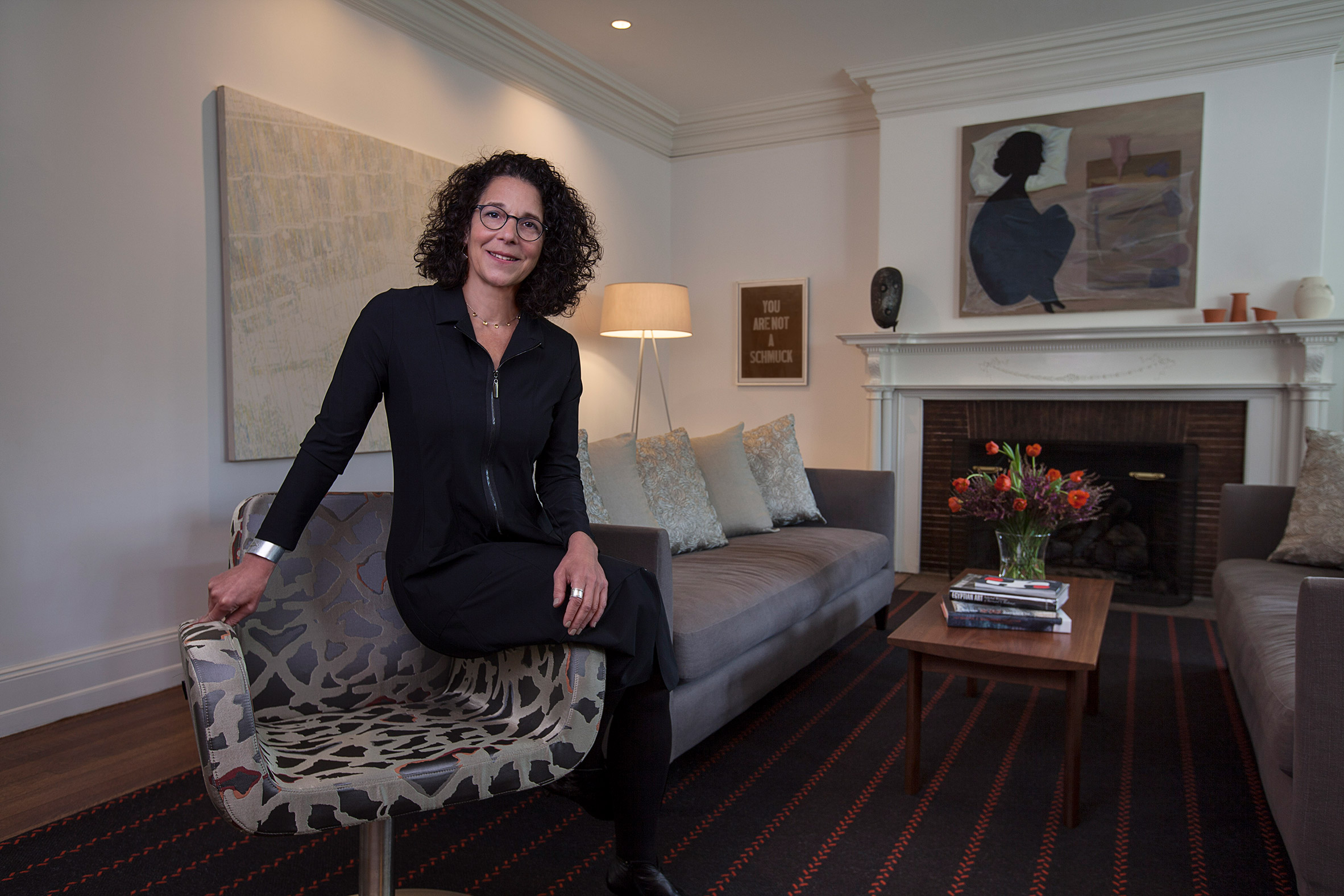
"When we were forced to send our students back home, or at least off campus, we had so little warning. We did it, I think, incredibly seamlessly. But it was traumatic for the students. I mean, this is not at all what they had anticipated. And it was done to them, and to all of us, rather than by them. So it was very difficult and it raised all kinds of issues of all kinds of inequities and complexities."
RISD is "rebuilding" its entire campus
Despite the easing of lockdown restrictions, Somerson revealed that the university is having to completely revamp its campus to enable students and teachers to use its facilities while adhering to social distancing regulations when it reopens in the Autumn.
"Since [lockdown began], the world has changed five times," she said. "And we're trying to imagine a completely reinvented school that had a way of teaching and methods of learning that were very successful but can't be used at the moment."
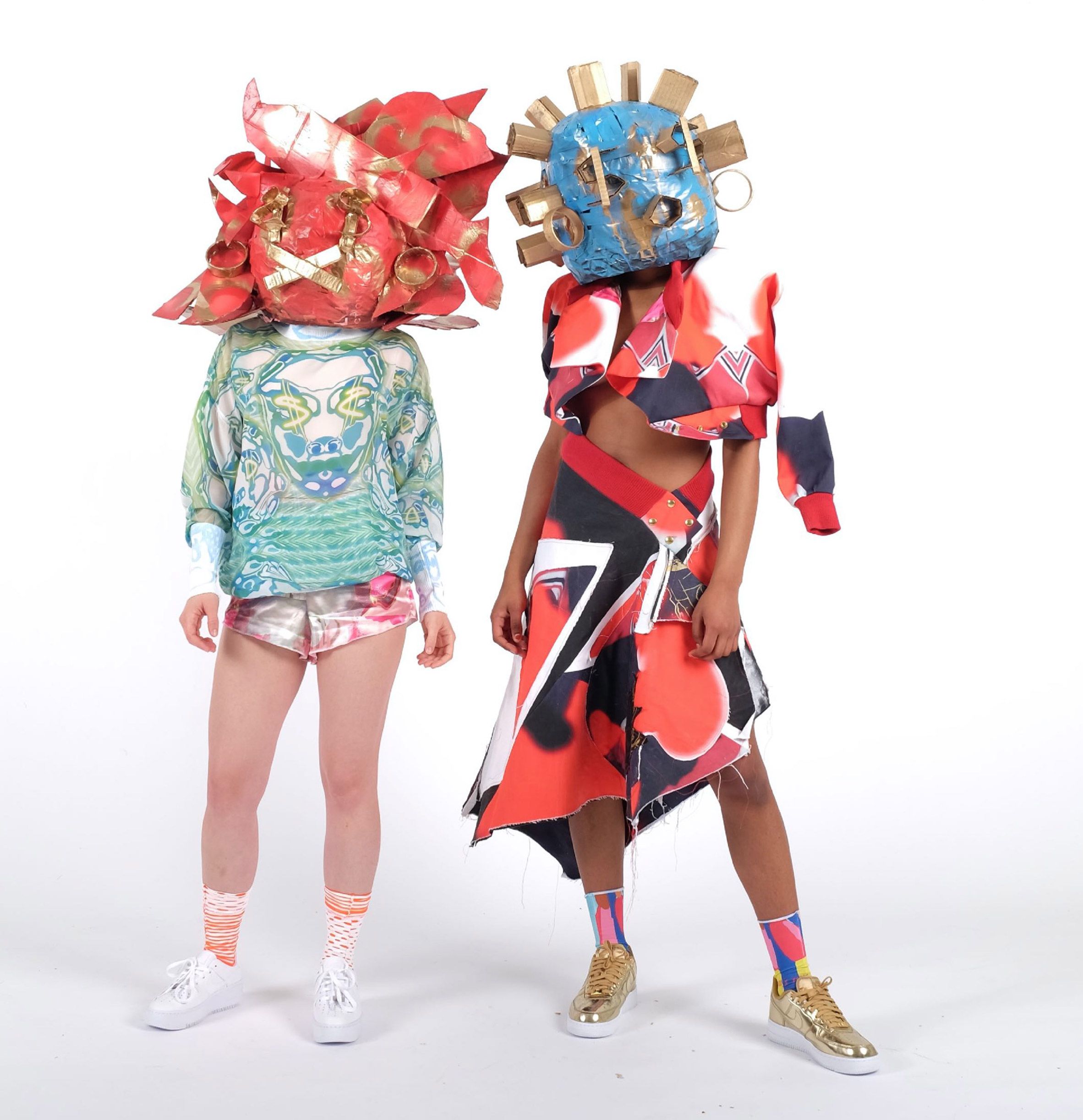
"So we're actually rebuilding our entire campus in what we're calling a 'de-densified' manner," she continued.
"So we're essentially taking over all the spaces in the campus that we can and making them studios. We're expanding the space between equipment, we're adding opportunities for students to still be in the making facilities, but with the distancing and the protocols for disinfecting, etc., that will keep them as healthy as possible."
"So we're going class by class and basically rebuilding the space for each class. It's a very complex process."
RISD is working on developing "hybrid courses" that combine online and in-person teaching
Despite the challenges the university is working to overcome, there have been some positive outcomes of lockdown, Somerson said. The transition to online learning has meant the school has been able to widen its pool of visiting academics and critics.
"We're able to bring in internationally acclaimed critics into our classes who generally wouldn't be able to travel to do critiques in person due to age or distance or whatever reason," she said.
"We're also starting a new thing with artists' studio tours and visits. So artists are opening up their studio so that our students can sort of have a bird's eye view without travelling. So there are a number of things that we've learned from this experience that are actually expanding our learning footprint in very exciting ways."
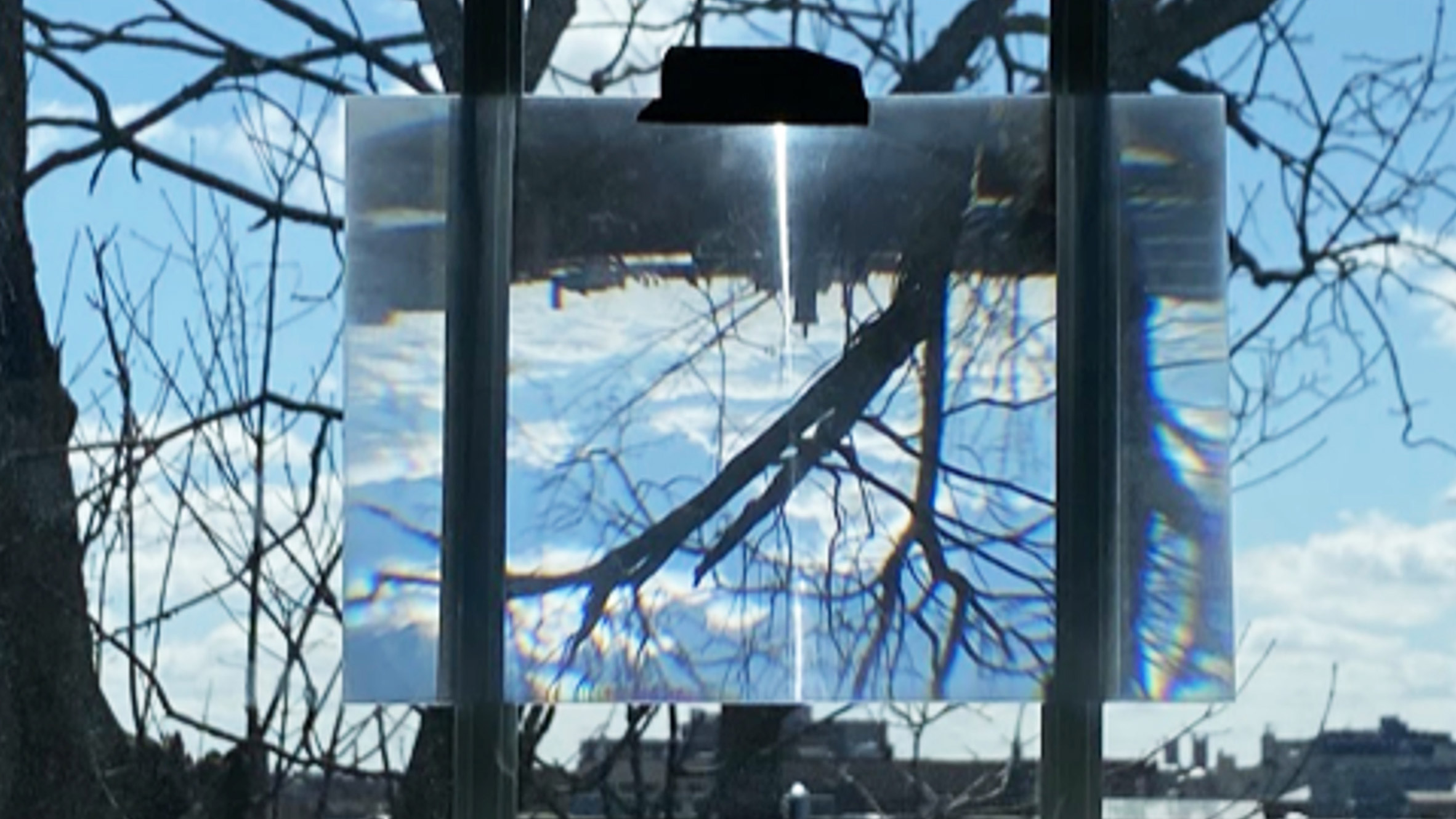
For its next intake of students starting in the Autumn, RISD is updating its courses, with a mixture of teaching online and in-person, depending on the nature of the course.
"We're in the process of going course by course and coming up with three sort of modalities," she explained.
"One is fully online, which will be a lot of our critical theory courses and seminar courses that can meet that way effectively. Some will be hybrid courses, where there will be lectures online and then making in the facilities. And some will be fully in-person."
RISD students "have made some incredible discoveries during this time"
Somerson made the comments ahead of a presentation showing innovative methods RISD's faculty have come up with to teach their students remotely, as well as work by RISD students that responds to lockdown in creative ways.
Watch the video above to see the examples of student work, which span industrial design, photography, fashion and architecture, including proposals to transform the Superman Building in Providence, Rhode Island, into a vertical farm.
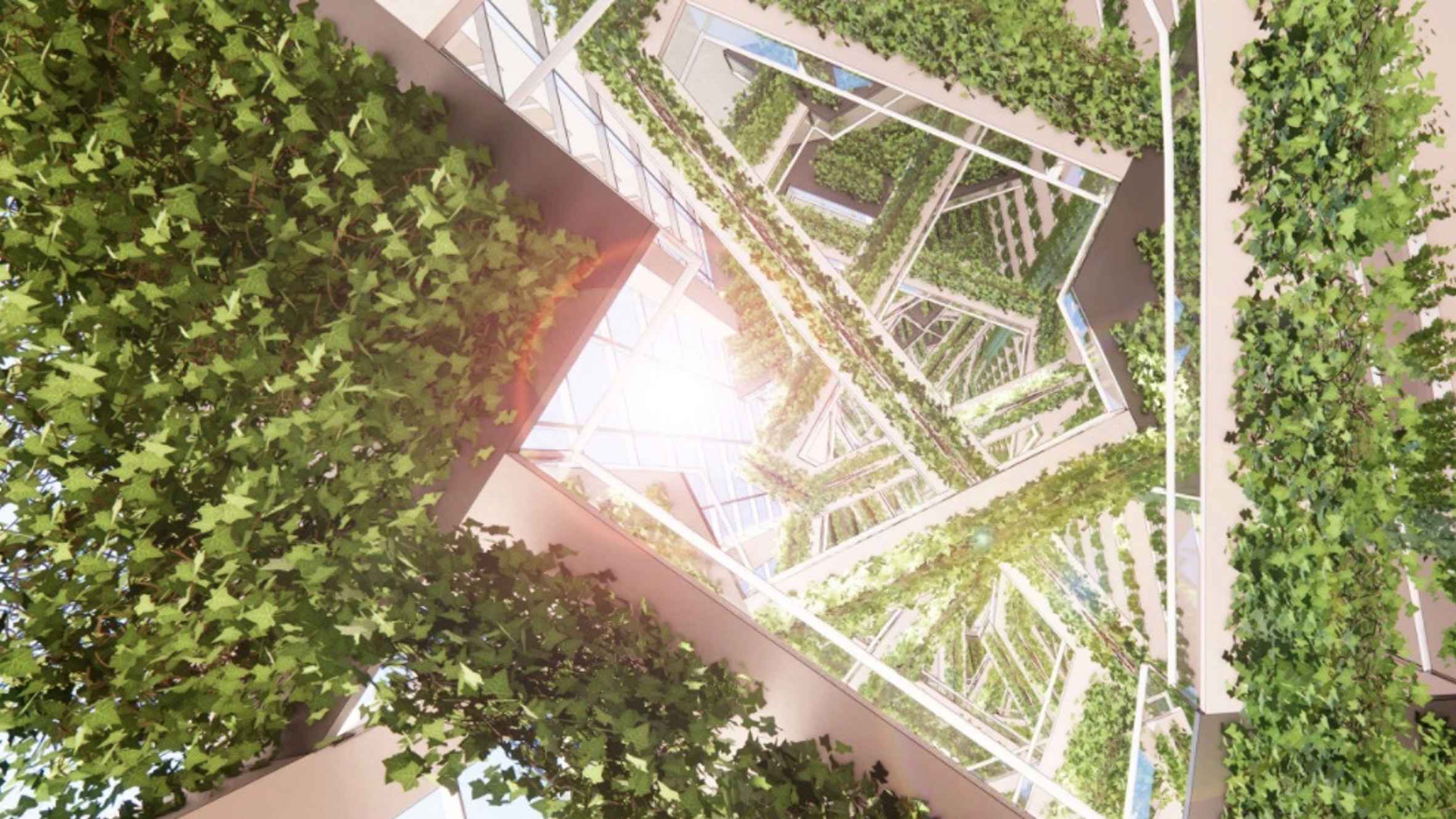
"This notion of dealing with incredible uncertainty and totally new territory is the realm of artists and designers," Somerson said.
"It's the realm in which they perhaps have the best skill set to move forward. So I think it is telling that art and design students, as traumatic as this experience was, really managed to make some incredible discoveries during this time."
Design in Dialogue
Ramaker's conversation with Adamson is the eighth in a series of Friedman Benda's Design in Dialogue talks we are broadcasting as part of Virtual Design Festival throughout May and June.
Previous interviews in the series we have published include conversations with pioneering architect James Wines, who lamented the predominance of digitally created forms in architecture, and designer Faye Toogood, who revealed she suffers from imposter syndrome.
Ron Arad told Adamson that "business is always a necessary evil", Stephen Burks discussed the lack of diversity in the design industry and Joris Laarman discussed the "magic" of digital technology in previous talks in the series that we have published.
Gaetano Pesce called on young designers to consider how to address social issues through their work, while in the most recent talk, Droog co-founder Renny Ramakers reflected on how the influential platform shook up the design industry in the 1990s.
The post "This is the biggest challenge we've faced in our entire history as an institution," says RISD president appeared first on Dezeen.
https://ift.tt/3ixrYRk
twitter.com/3novicesindia
No comments:
Post a Comment